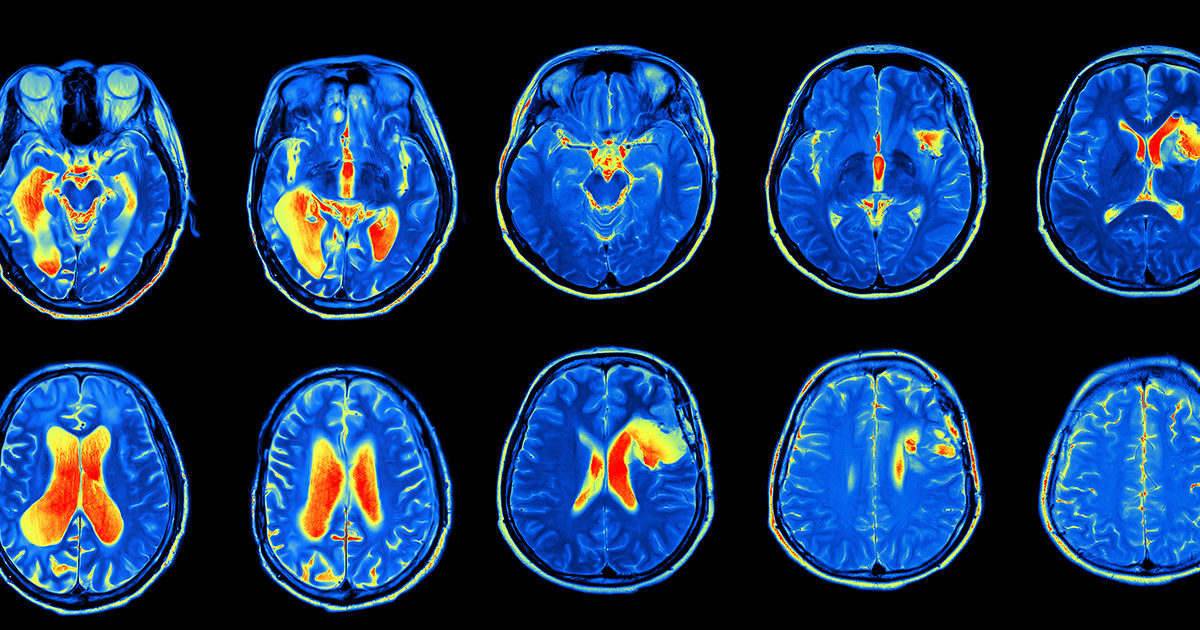Investigating Better Treatment Tools for Bipolar and Other Mood Disorders
Novel brain modulation research could provide new ways for treating bipolar and other stress-based mood disorders
Reviewed by: Greg Fonzo, PhD
Written by: Lauryn Feil

Neuromodulation is technology that acts directly upon nerves in the body. It is the alteration—or modulation—of nerve activity that occurs when electrical, magnetic, or pharmaceutical agents are delivered directly to a target area. Neuromodulation began in the 1960s with the use of deep brain stimulation (DBS) to resolve chronic and intractable pain and has since evolved. Today, neuromodulation is used to treat a wide range of conditions, such as chronic pain and movement disorders as well as mental health conditions, such as major depression treated here at UT Health Austin.
Typically, neuromodulation on the brain uses electromagnetic energy and can be very therapeutic for some patients with mental health conditions. However, the areas in the brain that can be modulated with this technology are currently limited. In order to develop a wider array of effective neuromodulation treatments for patients with mental health conditions, a team of researchers at the Fonzo Lab in the Dell Medical School Department of Psychiatry at the University of Texas at Austin are exploring a novel brain modulation technique that utilizes ultrasound waves to target previously unreached areas of the brain noninvasively.
Greg Fonzo, PhD, a clinical psychologist in UT Health Austin’s Mulva Clinic for Neurosciences and the founder of the Fonzo Lab for Translational and Clinical Neuroscience, has been awarded the inaugural One Mind Baszucki Brain Research Fund Rising Star Award, which aims to grow the field of bipolar disorder research. Dr. Fonzo’s research will investigate the potential for focused ultrasound to influence the circuitry of the brain and develop treatment tools for bipolar and other mood disorders.
One Mind is a mental health non-profit organization that supports neuropsychiatric brain research. By convening the brightest minds in brain science and advocacy around a collective vision of “accelerating brain health for all,” One Mind is advancing a three-pronged program strategy: accelerating discoveries, improving services, and transforming culture. This $300,000 grant will be awarded over the course of three years and Dr. Fonzo and his team plan to begin the first phase of the project in early 2021.
“For this project, we plan to use transcranial focused ultrasound combined with functional magnetic resonance imaging (fMRI) to target the amygdala and examine the effects of the stimulation on the brain. We know the amygdala is an area of the brain that is hyperactive in patients with mood disorders, such as anxiety, depression, PTSD, and bipolar disorder,” says Dr. Fonzo. “The goal is to downregulate amygdala emotional responses, which may ease mood disorder symptoms over time.”
Dr. Fonzo believes that transcranial focused ultrasound delivered during fMRI will also inform his team’s research to better understand the neurobiological mechanisms of affective disorder psychopathology. This evidence could help design, implement, and establish the efficacy of neurocircuitry-focused treatment approaches that could be applied uniquely to each patient.
“This type of work is very new, but it is something we are excited about and interested in pursuing,” says Dr. Fonzo. “I am heavily invested in utilizing research to inform and improve patient care, and I feel like the team here at the Dell Medical School is a powerhouse for research in this field.”
For more information about Dr. Fonzo’s research lab, visit here.
For information about the Mulva Clinic for the Neurosciences or to make an appointment with UT Health Austin, visit here or call 1-833-UT-CARES (1-833-882-2737).
